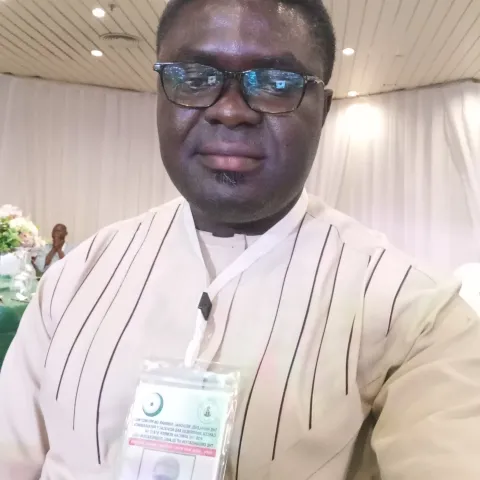
Iorwuese, Nigeria

To me, cancer is a significant health epidemic in Nigeria, presenting a serious challenge to both families and the nation's healthcare system. I've witnessed the devastating effects of this disease firsthand on my mother, stepmother, my nephew's wife, and many others in our community, including Mrs. Cecilia, whose cervical cancer treatment my organization is currently sponsoring at the National Hospital Abuja. This experience is both financially and emotionally draining. The high mortality rate is primarily due to late diagnosis, at which point cancer often becomes incurable. Sadly, more than half of diagnosed cancer cases in Nigeria result in death, largely because of late detection. This dire situation is further compounded by the absence of a population-based screening program, alongside the prohibitive cost and limited availability of existing screening services, which leaves most Nigerians, particularly women, at an increased risk of dying without help. Additionally, the high cost of treatment, scarcity of treatment centers, and the lack of effective care and awareness efforts also significantly contribute to the country's high cancer mortality rate. At RCHSI, we are committed to continuous cancer care initiatives, aiming to make them accessible, especially in underserved areas. Despite financial limitations, we're open to partnerships to realize this goal
